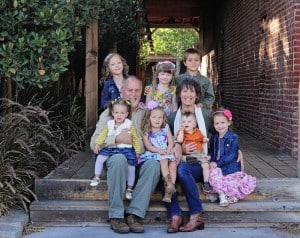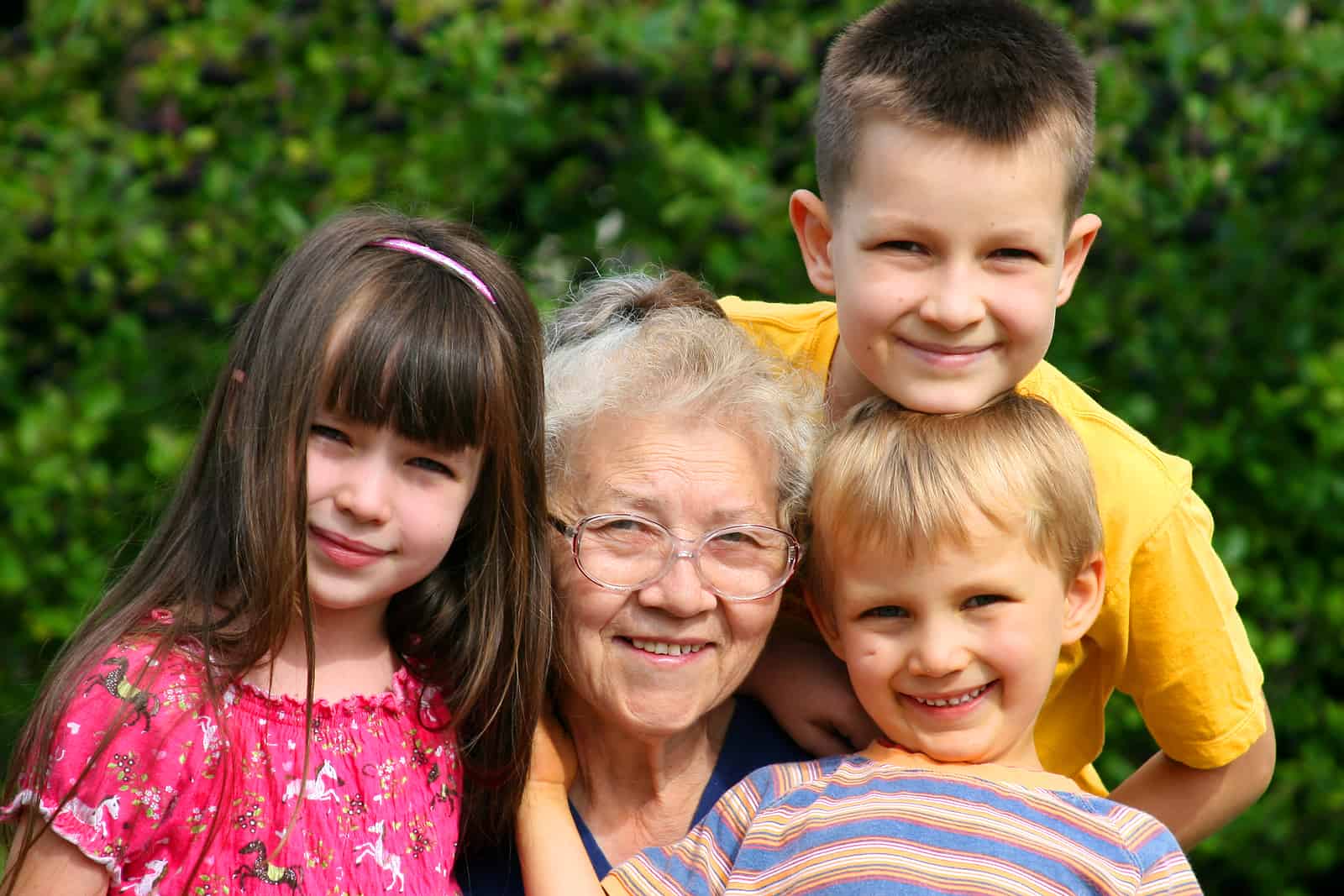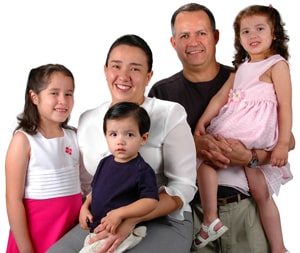 In 2003 our daughter met a girl at a bible study who needed a place to stay temporarily. She was touched by the girl’s tragic story and came home that night and asked us this question: “If we can help children around the world, why can’t we help one here at home?”
In 2003 our daughter met a girl at a bible study who needed a place to stay temporarily. She was touched by the girl’s tragic story and came home that night and asked us this question: “If we can help children around the world, why can’t we help one here at home?”
Lindsey was asking an important question that pierced our hearts. Were we willing to open our home to a stranger, to a 20-year-old girl that our daughter barely knew? We had so many questions. How would this affect our family? Frankly, we didn’t have all of the answers.
When she walked through our front door a few nights later …. the “hands-on” practicing of our faith became real and our lives were changed forever. This young lady came for three months, she stayed for three years, and when she left I walked her down the aisle and gave her away to a committed Christian husband. Today they are raising six of our grandchildren!
Our Orphans
In America we do not have orphanages. Instead, American orphans live in group homes, shelters and residency homes.” These are temporary places for children who have been removed from their families for their own protection. Essentially, the local County government (Child Protective Services) takes responsibility for the welfare of these children and they enter the Foster Care system.
There are approximately 425,000 children in the Foster Care System in America. Almost 25% of these are in California. The concept of the State protecting children from their parents is relatively new as State Child Welfare departments are only about 50 years old. Prior to this, the church and other faith-driven organizations were at the forefront of caring for vulnerable children. My own grandmother became an orphan and was raised by Catholic nuns for a period of time.
 The bible is filled with examples of the church caring for vulnerable children, the poor, the widow, and the outcast of society. However, in the last 50 years with the development of state-run systems of care, the American church has mostly relinquished it’s role. It is time we return to our biblical mandate.
The bible is filled with examples of the church caring for vulnerable children, the poor, the widow, and the outcast of society. However, in the last 50 years with the development of state-run systems of care, the American church has mostly relinquished it’s role. It is time we return to our biblical mandate.
Vulnerable young people and needy families are all around us. Government’s answer consists of group homes, counselors, and special programs …. but what these kids really need is a family who loves and cares for them.
Safe Families Practice Biblical Hospitality
Keep on loving one another as brothers and sisters. 2 Do not forget to show hospitality to strangers, for by so doing some people have shown hospitality to angels without knowing it. 3 Continue to remember those in prison as if you were together with them in prison, and those who are mistreated as if you yourselves were suffering. Heb 13:1-3
The concept of biblical hospitality has largely been lost in our society. It does not mean to have our friends over for dinner. It basically means that we are to “care for the stranger” to “offer respite to the weary. It is not about a Martha Stewart approach to entertaining. It is about opening our homes and hearts, and trusting God that He will use us to provide safety and shelter to vulnerable children.

We the church, the Christ-followers of our communities, could actually prevent foster kids from becoming foster kids simply by showing biblical hospitality. This is what Safe Families For Children is all about. We can minister to vulnerable children by opening our homes and sharing our faith in a tangible way.
Safe Families is not a state supported program. It is strictly a volunteer movement of churches and Christian families who are opening their homes to temporarily host children in need. It does not take the place of the foster care system, but it does allow the church to help local children before they become part of the system.
Your support of Mercy Projects allows us to work and find solutions for the needs of at-risk youth. The ministry in Ukraine and Eastern Europe continues, however, we are expanding beyond there to assist vulnerable youth in other areas including southern California through Safe Families For Children.
SFFC is a tangible way for us to love our neighbors and impact our communities for Christ.
Thanks again for your support of Mercy Projects and vulnerable children.
